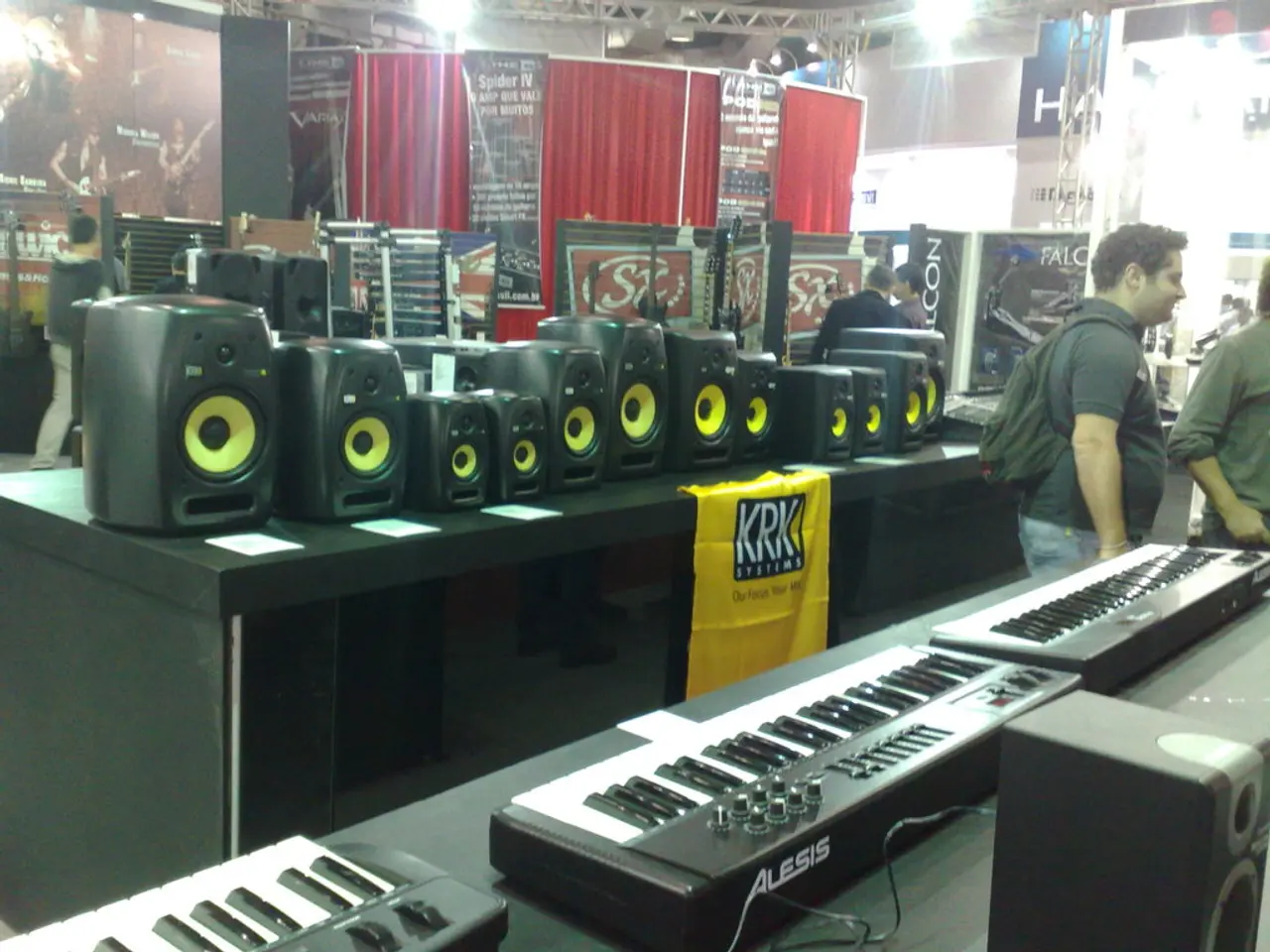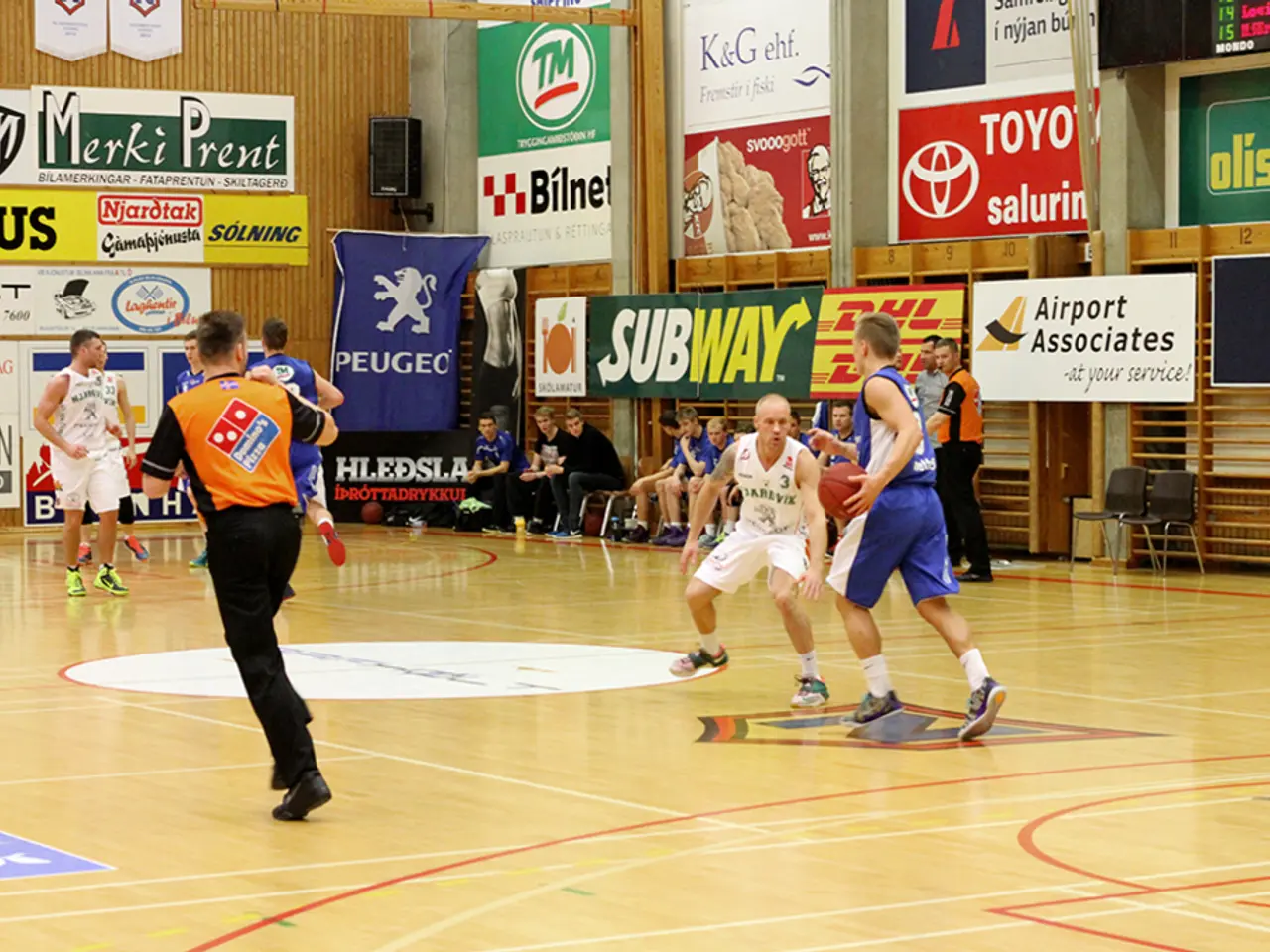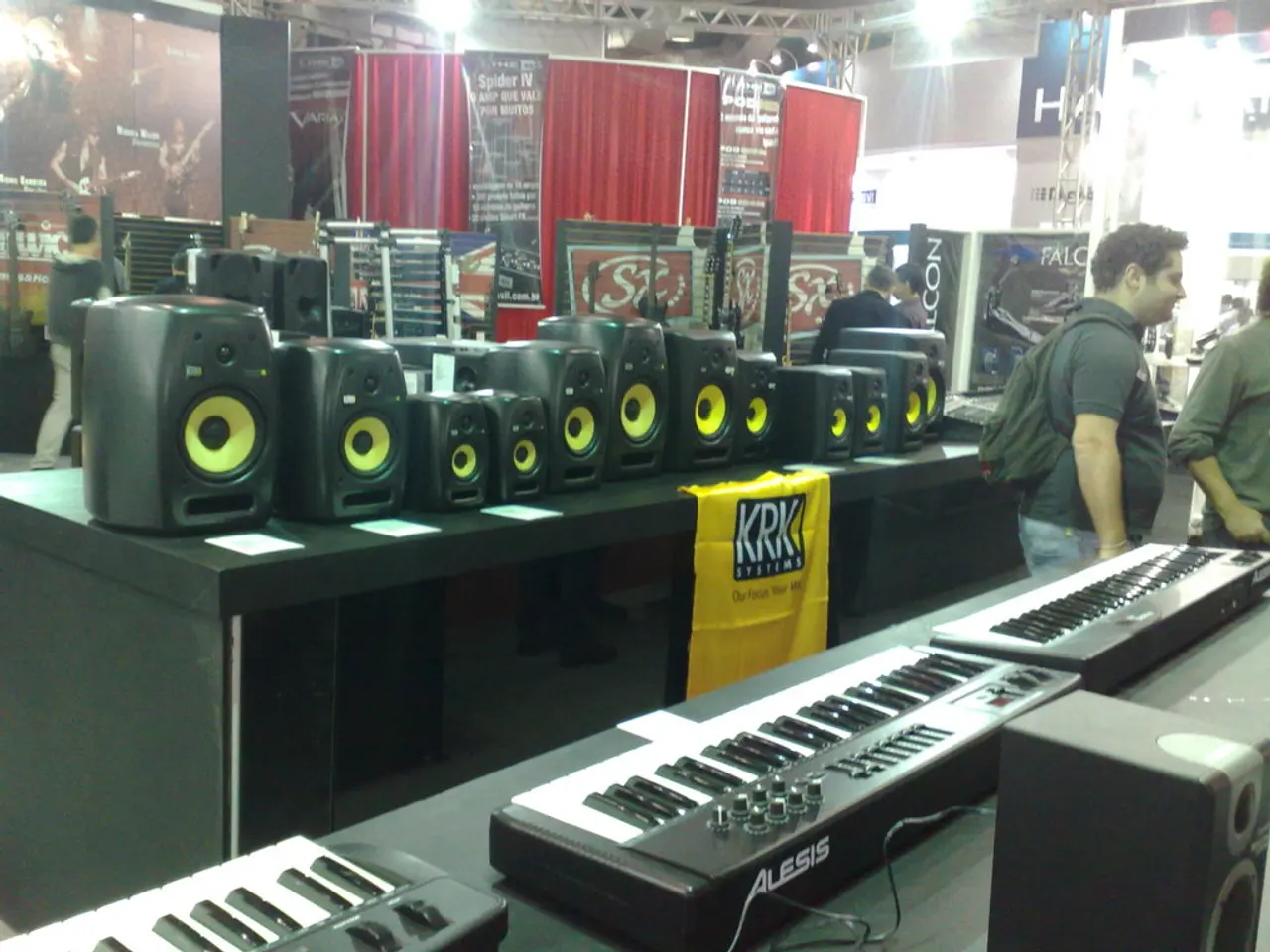Concerns rise about the economic future of Las Vegas gaming and tourism, as reported by an economist from UNLV
Las Vegas, the entertainment capital of the world, is currently experiencing a notable decline in tourism and gaming revenue, according to recent reports. The city, which relies heavily on discretionary spending, is being impacted by a softening U.S. economy, reduced international travel, inflation, tariffs, and broader economic uncertainties.
As of mid-2025, visitor numbers are down by about 6.5% year-over-year, and gaming win has decreased by roughly 2.2% statewide. The reduced passenger traffic at Harry Reid International Airport corroborates the visitation drop. Economic experts and local industry observers predict a continued slow contraction or downturn extending into 2026, reflecting a cautious outlook on the gaming and tourism sectors. Business confidence is notably low, with economic conditions in Nevada and the U.S. at some of their worst levels since 2008.
However, there are signs of optimism and resilience. MGM Resorts International leadership has pointed to an improving outlook for 2026 despite current choppiness, citing Las Vegas’s historically strong annual growth, diversified entertainment offerings, and major upcoming events—such as a highly anticipated boxing match, Paul McCartney concert, Formula 1 Grand Prix, and collegiate sports championships—that could boost visitation and revenue in late 2025 and beyond. Recent increases in bookings over the last month also lend confidence to a potential recovery as the city heads into the fall season.
The trend of decline in tourism in Las Vegas has been observed since February 2024, when Las Vegas hosted the Super Bowl. The mid-year report from Stephen Miller and the Center for Business and Economic Research (CBER) indicates a year-to-date decline in visitation (6.5%) and gaming revenue (1.1%) on the Strip. Gaming revenue fell 4.5% in May 2025, with a 3.9% drop on the Strip and an 11.4% decline downtown. Hotel occupancy for Las Vegas in May 2025 fell to 83%, down more than three points. Strip occupancy dropped 3.2 points to 85.3%, while downtown declined more sharply to 74.8%.
International traffic at Harry Reid International Airport dropped 8.7% in May 2025, reflecting ongoing softness in overseas visitation. In May 2025, Las Vegas welcomed 3.4 million visitors, a 6.5% year-over-year decline, despite a strong month for conventions. In 2024, Canadians accounted for 28.3% of international visitors to Las Vegas, constituting 12% of total tourism. Canadian tourism contributed $6.2 billion in total economic output and supported over 43,000 jobs in southern Nevada in 2024.
New attractions like the Hall of Excellence and F1-themed experiences are being developed to help broaden the city's appeal. The trend of decline in tourism may be reversed with the opening of Brightline West's high-speed rail line, expected to open in 2028, which will improve access from southern California. The upcoming Hard Rock Hotel, set to open in 2027, will add over 600 rooms to the Strip.
An economist at the University of Nevada Las Vegas has expressed concern about the gaming and tourism industry in Las Vegas for the rest of 2025 and the start of 2026. Despite these challenges, industry leaders remain cautiously optimistic due to Las Vegas’s diversified tourism and events portfolio and historical growth trends. The city's resilience and ability to adapt to changing economic conditions have been demonstrated time and time again, and many believe that Las Vegas will continue to thrive in the face of adversity.
Casinos and gambling establishments in Las Vegas are likely experiencing a decline in patronage as the city grapples with reduced tourism and gaming revenue. The downturn in visitor numbers, which was observed since February 2024, might have an impact on the casino-and-gambling sector, as international travel, inflation, tariffs, and broader economic uncertainties continue to pose challenges.
Amid this ongoing economic struggle, optimism is prevailing as industry leaders foresee potential recovery strategies, such as upcoming major events, new attractions, and improved transportation options. The hope is that the resilience and adaptability that Las Vegas has consistently demonstrated will enable it to exceed obstacles and ensure the continued success of its casino-and-gambling industry.




